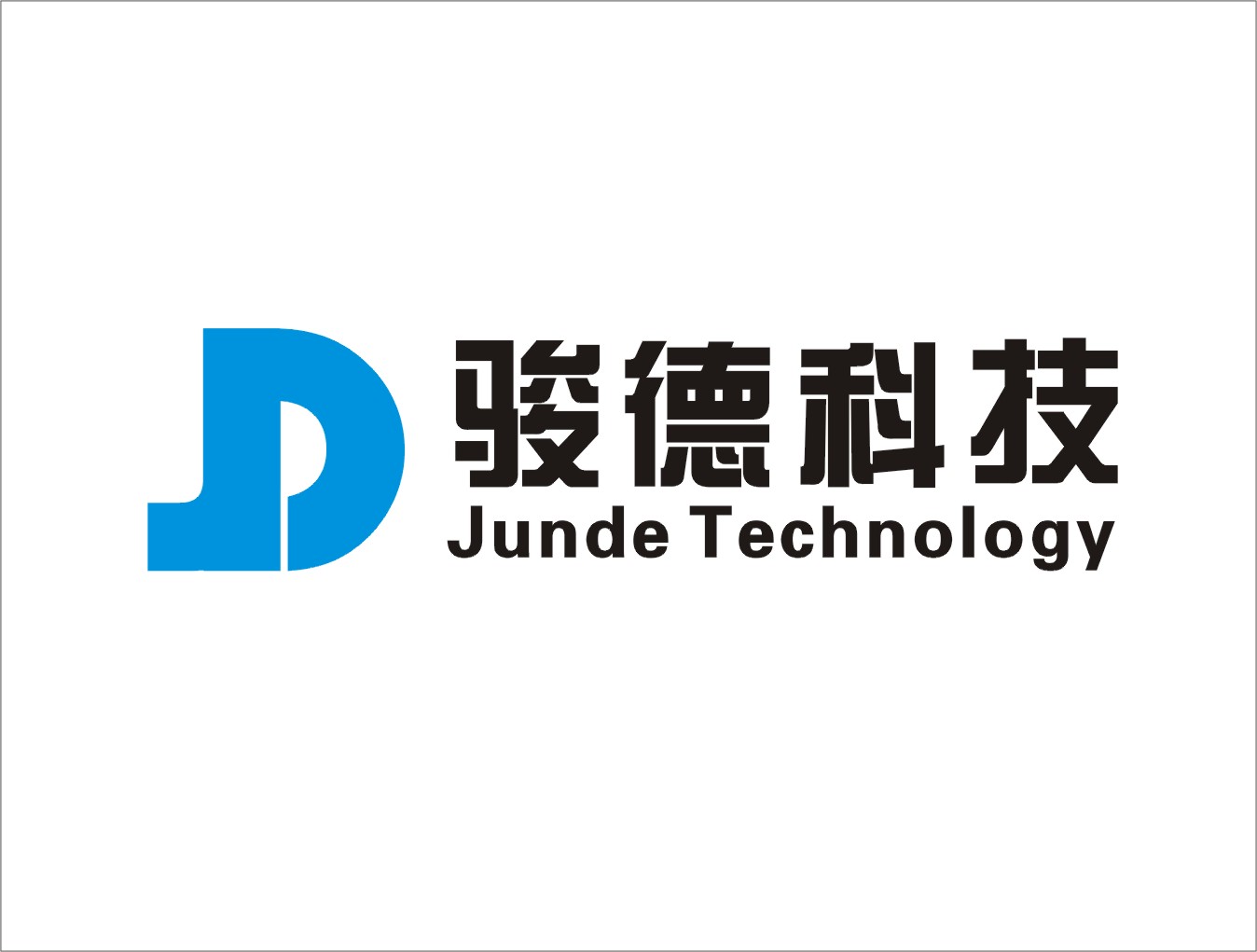|

Titanium was discovered by English amateur geologist and pastor William Gregor in 1791, and was independently rediscovered in 1795 by German chemist Martin Heinrich Klaproth in rutile. Klaproth found that it contained a new element and named it for the Titans of Greek mythology.
It is a strong metal with low density-4.51 that is quite ductile (especially in an oxygen-free environment), lustrous, and metallic-white in color. The relatively high melting point-1,668 °C, makes it useful as a refractory metal. It is fairly hard, non-magnetic and a poor conductor of heat and electricity. The most noted chemical property of titanium is its excellent resistance to corrosion. It is almost as resistant as platinum, capable of withstanding attack by dilute sulfuric acid and hydrochloric acid as well as chlorine gas, chloride solutions, and most organic acids.
It has a low density and is a strong, lustrous, corrosion-resistant (including sea water, aqua regia and chlorine) transition metal. Titanium can be alloyed with iron, aluminium, vanadium, molybdenum, among other elements, to produce strong lightweight alloys for aerospace (jet engines, missiles, and spacecraft), military, industrial process, automotive, agri-food, medical (prostheses, orthopedic implants, dental and endodontic instruments and files, dental implants), sporting goods, jewelry, mobile phones, and other applications.
Aerospace
Due to their high tensile strength to density ratio,high corrosion resistance, fatigue resistance, high crack resistance,and ability to withstand moderately high temperatures without creeping, titanium alloys are used in aircraft, armor plating, naval ships, spacecraft, and missiles. For these applications titanium alloyed with aluminum, vanadium, and other elements is used for a variety of components including critical structural parts, fire walls, landing gear, exhaust ducts (helicopters), and hydraulic systems. In fact, about two thirds of all titanium metal produced is used in aircraft engines and frames.
Medical
Because it is biocompatible (non-toxic and is not rejected by the body), titanium is used in a gamut of medical applications including surgical implements and implants. Titanium has the inherent property to osseointegrate, enabling use in dental implants that can remain in place for over 30 years. These benefits from titanium's lower modulus of elasticity to more closely match that of the bone that such devices are intended to repair. Since titanium is non-ferromagnetic, patients with titanium implants can be safely examined with magnetic resonance imaging (convenient for long-term implants). Titanium is also used for the surgical instruments used in image-guided surgery, as well as wheelchairs, crutches, and any other products where high strength and low weight are desirable.
Titanium is non-toxic even in large doses and does not play any natural role inside the human body. An estimated 0.8 milligrams of titanium is ingested by humans each day but most passes through without being absorbed. Due to its special current properties, it can help to improve blood circulation and metabolism. It is also resistant to oxidation which can improve immune system.
Consumer and architectural
Because of its durability, titanium has become more popular for designer jewelry (particularly, titanium rings). Its inertness makes it a good choice for those with allergies or those who will be wearing the jewelry in environments such as swimming pools. Titanium's durability, light weight, dent- and corrosion- resistance makes it useful in the production of jewelry.
Titanium is also used in many sporting goods: tennis rackets, golf clubs, lacrosse stick shafts; cricket, hockey, lacrosse, and football helmet grills; and bicycle frames and components.
Titanium alloys are also used in spectacle frames. This results in a rather expensive, but highly durable and long lasting frame which is light in weight and causes no skin allergies. Many backpackers use titanium equipment, including cookware, eating utensils, lanterns, and tent stakes. Though slightly more expensive than traditional steel or aluminum alternatives, these titanium products can be significantly lighter without compromising strength.
Sometimes the artists work with titanium to produce artworks such as sculptures, decorative objects and furniture.
|